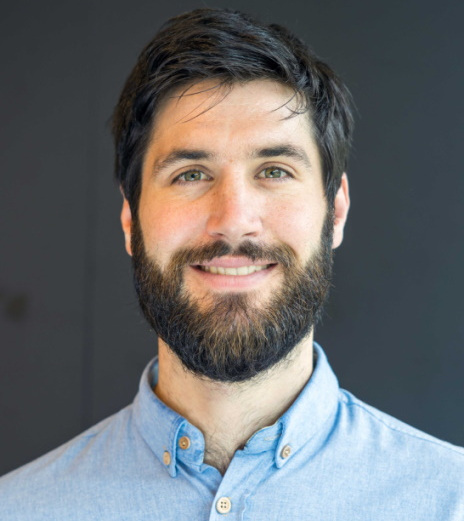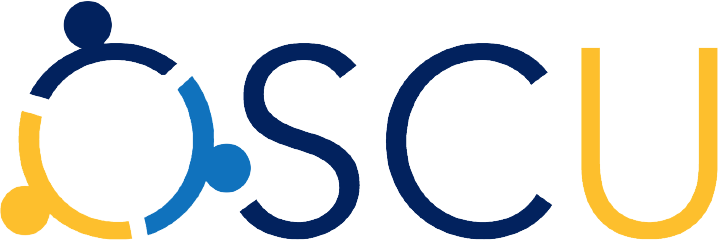News, Blog and Podcast
Introducing the OSCU Faculty Ambassadors: IV. Jannis Hoch, Faculty of Geosciences

In the course of the next few months, we shall introduce the OSCU Faculty Ambassadors, so that OSCU members know whom to contact and what they can expect. Ambassadors are introduced through personal interviews. In this interview, we use the term Open Science in a manner which includes Open Scholarship.
Why did you decide to apply to become an Open Science Faculty Ambassador for the Open Science Community Utrecht?
Even though I cannot exactly tell when I became acquainted with the concept of ‘Open Science’ (OS) for the first time, it intuitively felt like the right thing to do, and therefore I adhere as much as possible to OS principles. When I heard of the Open Science Community Utrecht, I was immediately intrigued by its bottom-up grassroots approach promoting Open Science. Even during my brief hiatus from academia, I followed OSCU activities closely. And once I was back at Utrecht University and the Ambassador position for Geosciences was vacant, I took my chance. As Ambassador for OSCU, I want to contribute my share not only to a more FAIR and more open science, but also to academic culture.
Why is Open Science relevant for your faculty? Which element do you think is most important?
We work a lot with (big) data, code, and various computer models. As such, a huge amount of data is produced and eventually published. Model results are sometimes even used in a decision-making process. For many people not familiar with these data and models, this can be received as a ‘black-box’. I therefore think that by following more ‘Open Science’ practices and making your workflow and output transparent and reproducible, scientific work will become more credible in relation to the decision-making process and in turn for wider society. We all have to be, after all, held responsible for what we conclude and advice, and how we came to these conclusions. This is particularly important as the Faculty of Geosciences encompasses very ‘tangible’ disciplines with which many people can directly relate to and may have opinions about.
Scientists are usually specialized in one or two fields. How will you represent and engage with your colleagues from different fields within the same faculty?
Open Science is fortunately a concept independent of one’s academic specialization. No matter what your background is, there is something in it for you, and I think this should be very much the foundation for discussion when engaging with each other. This creates a level playing field for everyone where anyone can contribute, which is also the mission of OSCU: a bottom-up community to learn, share, and discuss OS practices. In this context, I really want to address the opportunities Open Science brings, and therefore I am very much looking forward to talking to scientists with other backgrounds.
What will you do as an Ambassador, besides organizing a symposium?
Well, as the symposium plans are bit on hold due to the current COVID-19-situation, I am mostly busy to ‘spread the word’. Furthermore, work is on-going to better establish connections with the different streams at the faculty and university which want to foster Open Science. Within OSCU, we also work on university-wide projects, such as the successful ‘Open Science Coffee’ sessions in the past months.
Which challenges do you expect to face during the road ahead?
The Faculty of Geosciences is very diverse, fortunately. In terms of Open Science, I would expect that the perception of ‘Open Science’ differs quite a bit between departments, and that every department and researcher have their own prior knowledge and established workflows. Besides, the openness towards Open Science may differ between departments and within. Understanding this first and then developing means that can help everyone is definitely a challenge, but also a chance to learn from each other. After all, OSCU is a community-platform where everyone can bring in their share!
Thank your for reading this blog entry. If you want to stay updated, do keep an eye on this website, the Open Science Community Utrecht newsletter and follow us on Twitter.

